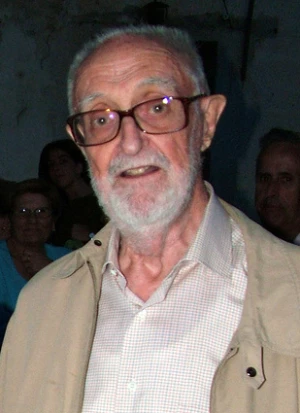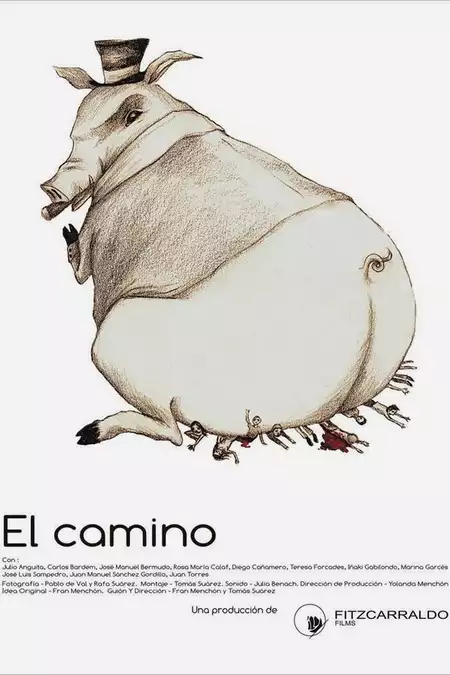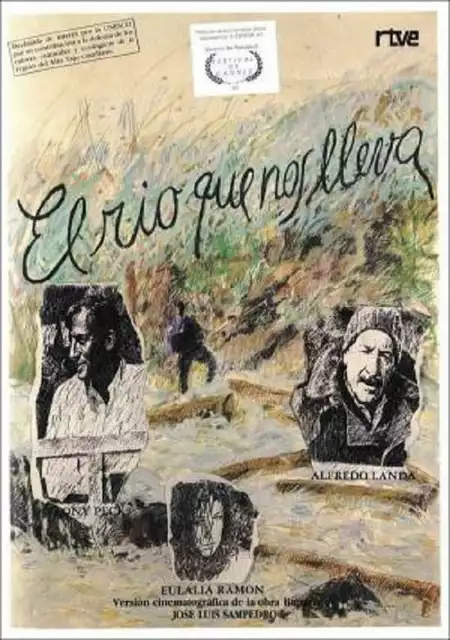Biography
(No Information)
Filmography
all 5
Movies 4
self 1
TV Shows 1
Writer 1
Information
Known ForActing
GenderMale
Birthday1917-02-01
Deathday2013-04-08 (96 years old)
Birth PlaceBarcelona, Spain
CitizenshipsSpain
Awardshonorary doctorate of the University of Alcala, honorary doctorate of Seville University, Premis Internacionals Terenci Moix, Medal of Work Merit, Menéndez Pelayo International Prize, Gold Medal of Merit in the Fine Arts, Order of Charlemagne, Spanish Literature National Prize
This article uses material from Wikipedia.
Last updated:
Image credit: Iñigo González from Guadalajara, Spain, CC BY-SA 2.0, via Wikimedia Commons
 José Luis Sampedro
José Luis Sampedro- Filmography
- Information




